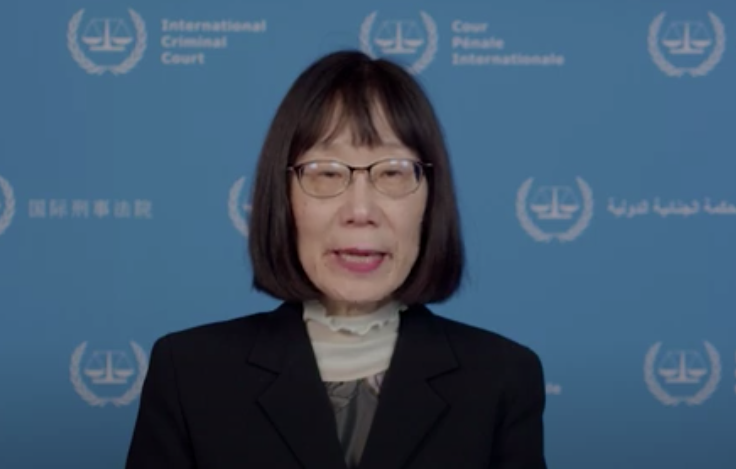
The International Criminal Court has reaffirmed its commitment to fighting impunity for the most serious crimes under international law despite facing increasing threats and sanctions.
The ICC is an independent judicial institution tasked with investigating and prosecuting individuals accused of genocide, crimes against humanity, war crimes, and the crime of aggression.
Established in 2002, the court's mission is to deliver accountability for perpetrators and redress for victims, in accordance with the rule of law and with full judicial independence.
With 125 states parties to the Rome Statute, the ICC's jurisdiction extends to crimes committed on the territory of these countries or by their nationals.
In a statement on Thursday as the world marked the Day of International Criminal Justice, ICC President Judge Tomoko Akane said the court is increasingly finding itself in a challenging environment.
She said this year's commemoration comes against the backdrop of heightened global tensions and renewed attacks on institutions upholding international law, particularly during armed conflicts.
"The court stands in solidarity with these institutions as well as their personnel," Judge Akane said.
The court issued arrest warrants against Russian President Vladimir Putin in March 2023 and, in October 2024, took similar action against Israeli Prime Minister Benjamin Netanyahu and former Minister of Defence, Yoav Gallant, alleging responsibility in crimes against humanity.
The Russia-Ukraine war is in its third year, while the Israel-Gaza conflict, which has since roped in the US and Iran, continues to devastate populations amid fragile ceasefire deals and hardliner stances from either party.
Judge Akane reiterated her remarks made on December 3, 2024, at the opening of the court's annual general assembly that the ICC was being threatened with what she described as draconian economic sanctions, as if it were a “terrorist organisation.”
Despite the threats, Judge Akane emphasised the court's crucial mandate and its determination to uphold international law.
She noted that international justice is a "lifeline for survivors, a signal of hope and a path of healing for the victims, and the way to break the recurrent cycles of violence and vengeance."
"While the ICC, its officials, and other actors in the field of justice have come under increasing pressure, attacks, threats and sanctions, the court will remain undeterred in fulfilling the mandate given to it by the 125 states parties."
The ICC President called for full cooperation and support, stressing that the more states join the Rome Statute, the stronger the force of legal protection against heinous crimes.
"Now more than ever, the world must rally around the promise that impunity should not be an option and that law must be the strong and adequate answer to violence and international crimes," she said.
Judge Akane expressed her firm belief that, united by an unwavering commitment to international justice, the global community can strengthen its collective bond and ensure the institution's continued success.
"Together, we can build a more just world," she concluded.











